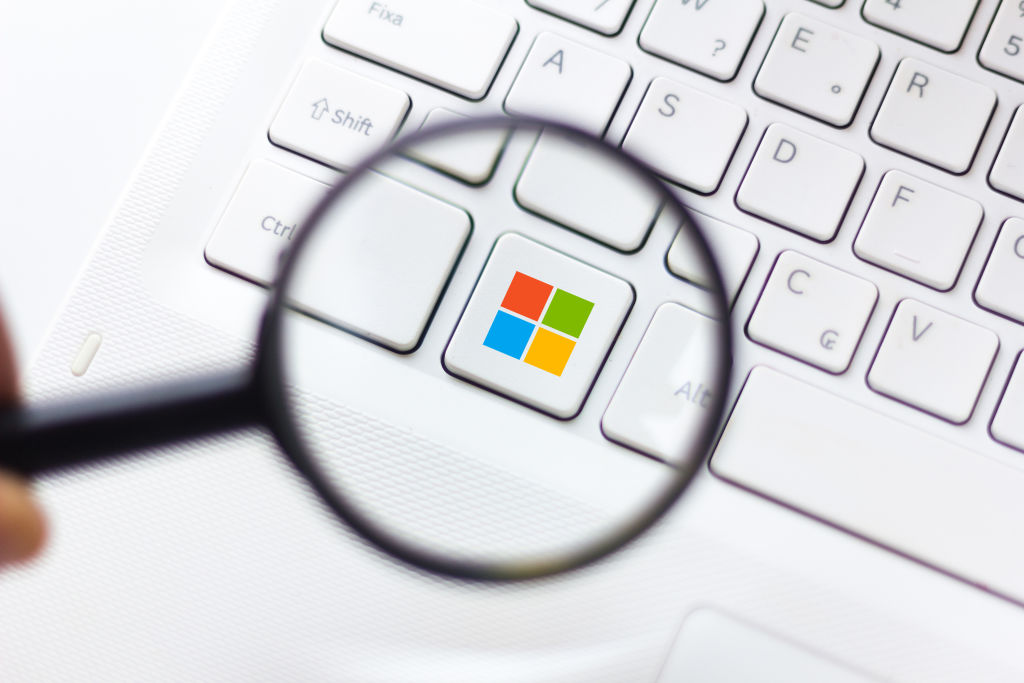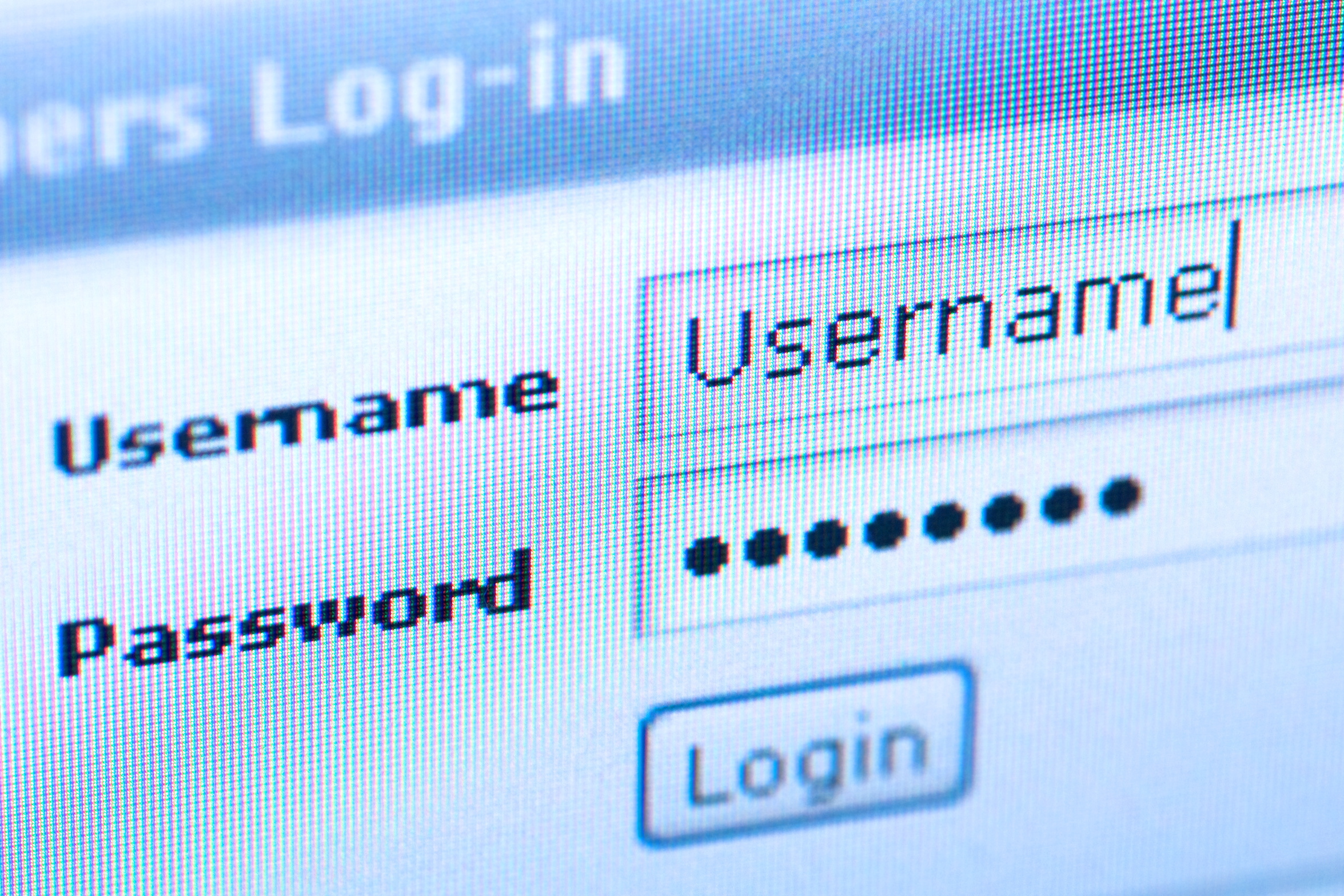Google’s about to push everyone into two-factor authentication
“Passwords are the single biggest threat to your online security,” the company says

Google will soon make a switch over to a compulsory two-factor authentication system, making it harder for crafty hackers to break into your Gmail or other Google Accounts.
Passwords are notoriously easy to crack, steal or otherwise compromise. In today’s era of highly advanced hackers, they’re pretty dated as a security measure.
That’s why Google is moving beyond passwords. It’s about to start automatically enrolling Gmail and Google account users into two-factor authentication (2FA).
“You may not realize it, but passwords are the single biggest threat to your online security -- they’re easy to steal, they’re hard to remember, and managing them is tedious,” Mark Risher, Google’s product management director for identity and user security, wrote in a blog post on Thursday, which is World Password Day.
“Soon we’ll start automatically enrolling users in 2SV if their accounts are appropriately configured. (You can check the status of your account in our Security Checkup),” he wrote.
So what does Google mean when it refers to your Google account being “appropriately configured” for 2FA? A Google product manager told PCWorld it means users already have recovery information on their accounts, like a phone number or a secondary email.
Two-factor authentication is one of the simplest but most effective security steps that businesses and individuals can take. Also known as multi-factor authentication (MFA) or two-step verification, 2FA is a fairly straightforward process of confirming your identity twice before gaining access to an account or service.
Get the ITPro daily newsletter
Sign up today and you will receive a free copy of our Future Focus 2025 report - the leading guidance on AI, cybersecurity and other IT challenges as per 700+ senior executives
Google already prompts users who are opening new Gmail accounts to enroll in two-factor authentication. The difference is, Google will now automatically enroll users into it.
Although some reports claim Google is making 2FA mandatory, a Google spokesperson told Mashable that users would be able to opt out if they want to.
So far, Google isn’t mentioning a specific timeline for this change, other than Risher writing that it’ll happen “soon.”
Implementing 2FA can go some way toward adding an extra barrier of entry for yourself and any third party attempting to access your account. While security questions seeking personal details, like the name of your first family pet or mother’s maiden name, may help shield user accounts, savvy hackers can easily figure these out, often by rummaging through social media accounts.
Adding the second authentication factor, whether by delivering a code by text message or email or using an authenticator app, adds a more robust protective layer. While it may seem arduous to jump through this hoop time and time again, the benefits of having these hoops in place are untold.
-
 Should AI PCs be part of your next hardware refresh?
Should AI PCs be part of your next hardware refresh?AI PCs are fast becoming a business staple and a surefire way to future-proof your business
By Bobby Hellard Published
-
 Westcon-Comstor and Vectra AI launch brace of new channel initiatives
Westcon-Comstor and Vectra AI launch brace of new channel initiativesNews Westcon-Comstor and Vectra AI have announced the launch of two new channel growth initiatives focused on the managed security service provider (MSSP) space and AWS Marketplace.
By Daniel Todd Published
-
 Microsoft Defender “obliterating” users with false password alerts
Microsoft Defender “obliterating” users with false password alertsNews Windows 11 devices have been affected by the Defender for Endpoint error, which flags SSO domains as problematic
By Rory Bathgate Published
-
 Microsoft angers admins as April Patch Tuesday delivers password feature without migration guidance
Microsoft angers admins as April Patch Tuesday delivers password feature without migration guidanceNews Security fixes include a zero day exploited by a ransomware group and seven critical flaws
By Connor Jones Published
-
 Microsoft ditches passwords for Windows 10 S in test run
Microsoft ditches passwords for Windows 10 S in test runNews Microsoft is considering biometric options amongst others
By Rabbil Sikdar Published
-
 Web surfers drowning in a deluge of passwords
Web surfers drowning in a deluge of passwordsNews Internet users think that passwords are a pain to remember, but what are companies doing about it?
By Asavin Wattanajantra Published